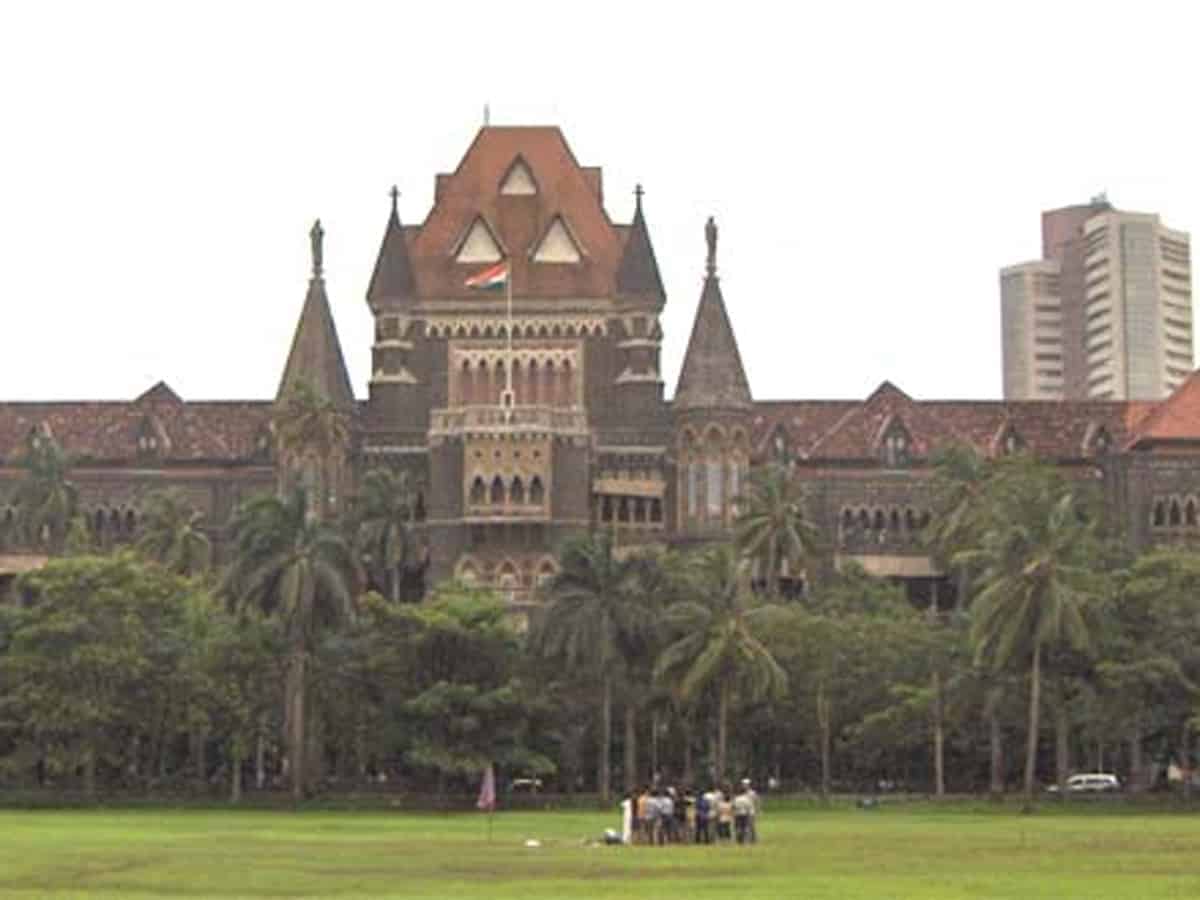Mumbai: Concerned over the rising number of COVID-19 cases in India and the recent migrant crisis, the Bombay High Court has said that the pandemic has revealed that despite our constitutional guarantees, a society that provides equal opportunities to all remains a “distant dream”.
A bench of Chief Justice Dipankar Datta and Justice A A Sayed also said that going by the current situation of the economy and health care, “one can hardly think of a fair society in the near future”.
It said that the COVID-19 crisis and the lockdown have hit the Indian economy and shown how “pitiable” the condition of migrant workers in the country was.
The bench passed a verdict on Friday evening over a bunch of Public Interest Litigations (PILs) filed by several individuals and institutions seeking various reliefs for COVID and non-COVID patients, and frontline workers in Maharashtra.
While issuing a slew of directions, the bench directed the Maharashtra government to consider increasing its healthcare budget and expenditure.
It also said that the state must give priority to emergencies while admitting patients.
“The COVID-19 pandemic has revealed that despite our constitutional guarantees, a society that provides equal opportunities to all remains a distant dream,” the HC said.
“The pandemic and the resultant lockdown have destabilised the Indian economy, while wrecking the ‘haves’ and the ‘have nots’ alike…It has shown how pitiable the conditions of migrant workers in India are…And as things stand now, one can hardly think of a fair and just society any time in the near future,” it said.
However, it was now time to learn a good lesson and prioritise strengthening the state’s healthcare system, it said.
The pleas filed through senior counsels Gayatri Singh, Mihir Desai, and advocate Ankit Kulkarni, had sought adequate testing, PPEs for frontline workers, mobile health clinics, beds, health infrastructure, and a helpline for COVID and non-COVID patients.
In its verdict, the high court directed the state government to continue testing and screening for coronavirus aggressively, to develop a “wholesome strategy” for dealing with positive patients of all classes, and to make available to the public real-time information on availability of beds, doctors, etc for both COVID and non COVID patients.
The court further said that though unavailability of beds was no excuse for refusing admission to patients, efforts shall be made to first admit those patients who “genuinely deserve treatment and care in hospitals in preference to others who out of fear may seek admission but can wait”.

